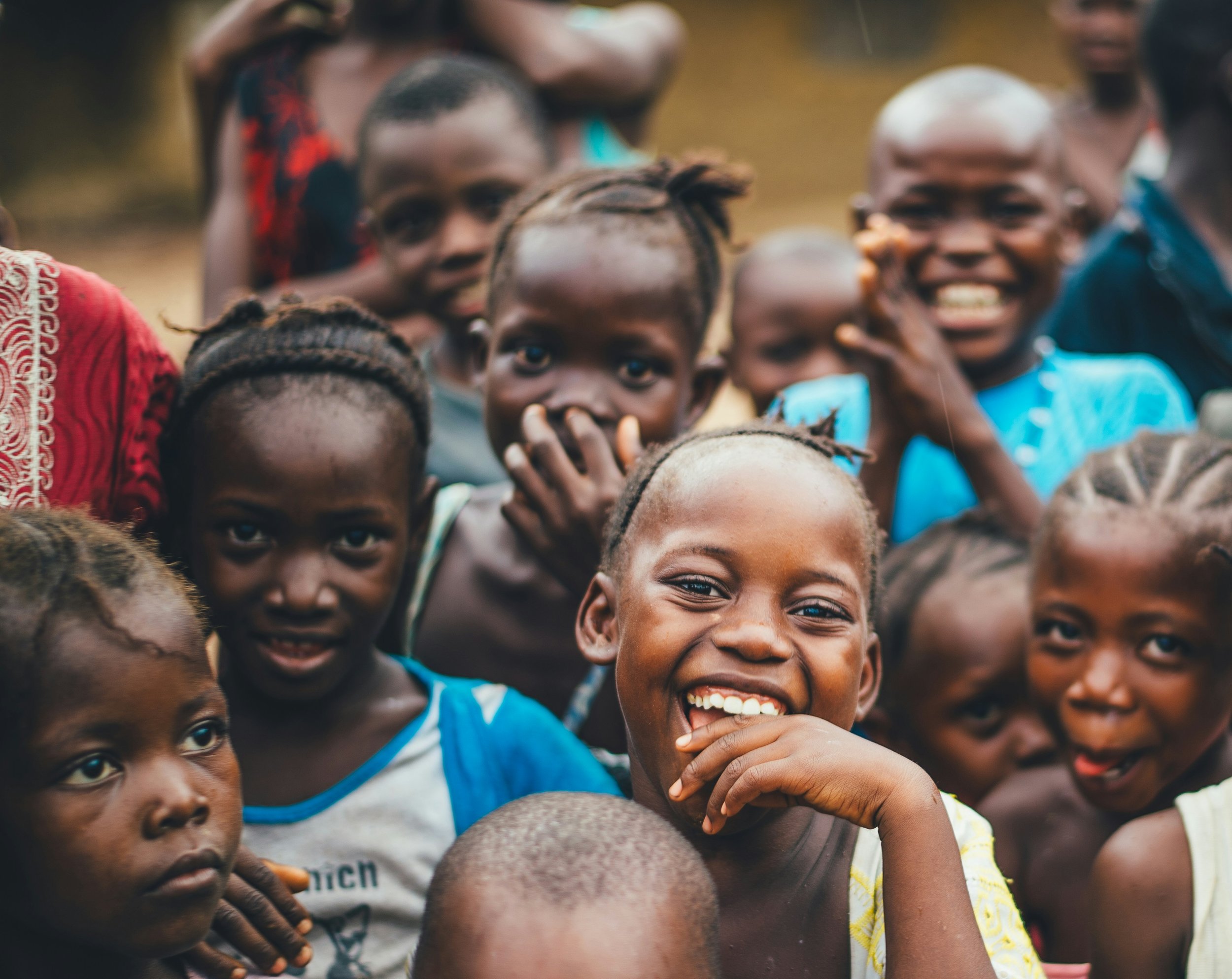Benefits of family planning
We believe every woman has a right to choose when she wants to have children. When a woman can make informed reproductive choices, she can live her life the way she chooses. However, many women in the world’s poorest parts are not empowered to decide the number of children and timing of their births, despite the fact that complications during pregnancy and childbirth are a leading cause of death for women in Africa. Investing in reproductive healthcare benefits everyone: women, their partners, and their children, as well as the entire society. In this blog, we will dive into some of the benefits of family planning in more depth.
Saving lives
Family planning services are falling short in low and middle income countries. Approximately 218 million women of reproductive age (15-49) have an unmet need for modern contraception, meaning they would want to avoid a pregnancy but are not using an effective method of contraception. In Nigeria, this rate is 24%, meaning one in four women cannot access the contraceptives that they would like to use. Furthermore, in Nigeria, approximately 3 million out of 10 million pregnancies are unintended annually. Some women resort to abortions out of necessity, but safe (and legal) abortions are not available everywhere. About 20 million women per year have unsafe abortions, often leading to health complications. Further, only about one-half of the women who give birth each year receive antenatal, delivery and newborn care. This low coverage rate is leading to preventable complications and deaths. The universal provision of family planning would lead to drastic reductions in unintended pregnancies, maternal deaths and newborn deaths. Both unintended pregnancies and abortions would drop by 80%, and maternal deaths would drop by 61%.
Empowering women
Access to family planning is a key step in reaching gender equality (SDG 5). When women can decide whether and when to have children, this means girls can finish their education, women can engage in work outside of the house, and there are more resources available for the health and education of the children they do decide to have. They also have increased autonomy within the household. All these changes strengthen their economic security as well as that of their household. This will lead to reduced poverty, increased family savings, and increased economic growth.
Let’s look at the numbers
The Copenhagen Consensus Center estimates that on a global basis, each dollar invested in addressing women’s need for family planning yields an average return of $120 (estimated range $90-$150). What a massive benefit - and once an upfront investment is made, there will be less expenditure on health and education programs. Changes in population dynamics mean that a larger percentage of the population can contribute to the workforce and economic growth. This means family planning can help countries realize a ‘demographic dividend’, which is a boost in economic productivity when there are more people in the workforce relative to the number of dependents.
Family planning as a human right
The United Nations has decreed access to family planning products and information as an inalienable human right that women should be able to access. Lafiya fully underwrites this statement, as we strongly feel that it is a human right for women to determine the number and spacing of their children. This is why we advocate for every woman to have access to family planning. Our Lafiya Sisters cross bridges, take boats, hop on motorbikes, and walk where there is no transport available, to reach the most isolated communities.
Wrapping up
While looking at the numbers around family planning, it’s important to keep in mind that those who are most in need of services, are among those least able to pay. This is why Lafiya is providing family planning services for free in the most rural, isolated communities in northern Nigeria. We put agency back into the hands of women and empower them to take ownership over their reproductive choices. We believe this is a human right. Family planning contributes to wellbeing for women and their families, and is a catalyst for health and societal transformations. Family planning is a win-win investment.


